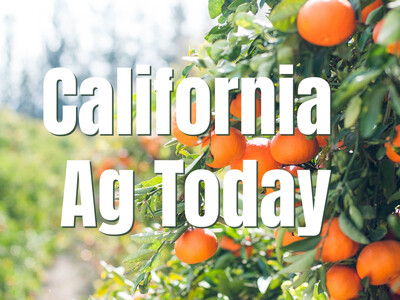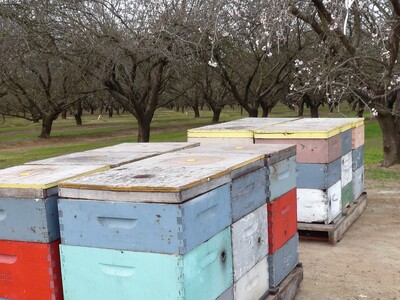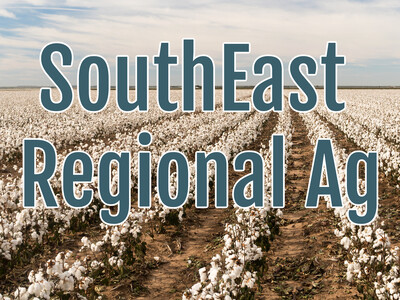AI - Disease Resistant Crops and Public Comments for USDA Reorganization
From the Ag Information Network, this is your Agribusiness Update.**Farmers could be closer to growing crop varieties better at fighting off diseases thanks to a new scientific breakthrough.
Researchers at the University of California, Davis, are using artificial intelligence to redesign a key immune receptor in plants, enabling them to strengthen their response.
Lead author, Gitta Coaker says the method has the potential to help researchers breed more disease-resistant varieties of hundreds of plant species, including staple crops like tomatoes and potatoes.
##Tift County farmer Ryan Branch receive the Best Cotton Award, highlighting the announcement of the 2024 Quality Cotton Awards during the Georgia Cotton Commission’s Mid-Year Meeting in July.
www.gfb.org reports the Best Cotton Award is given to the Georgia cotton producer with highest loan value and premium.
The Georgia Quality Cotton Awards are co-sponsored by the Georgia Cotton Commission and Bayer Crop Science/Deltapine and administered by the University of Georgia Cotton Team.
www.gfb.org/news/ag-news/post/2024-georgia-quality-cotton-award-winners-announced
**Ag Secretary Brooke Rollins announced the opening of a 30-day public comment period to provide feedback on the Department's reorganization plan.
Rollins tells www.agrimarketing.com all stakeholders, including Capitol Hill offices, USDA employees, and members of the agricultural community, are encouraged to share their input.
She says we value your perspective as we work to ensure USDA is best positioned to serve America's farmers, ranchers, producers, and rural communities.
www.agrimarketing.com/s/154473
**Uncertainty from trade tariffs continues to weigh on U.S. grain prices, hitting soybean prices the hardest, followed by wheat and corn.
It’s causing a lot of countries to take a step back and re-evaluate, either to look at getting more negotiations done OR look at other routes to meet their needs.
Canada has a new tariff rate of 35%. Products included in the U.S.-Mexico-Canada Agreement are exempt from tariffs.













